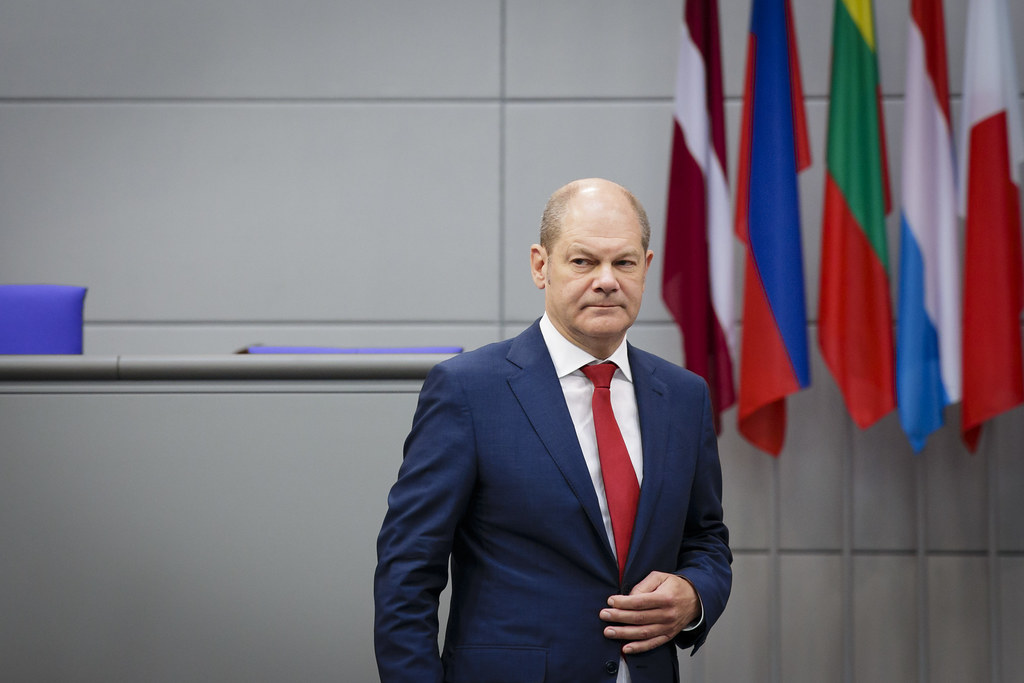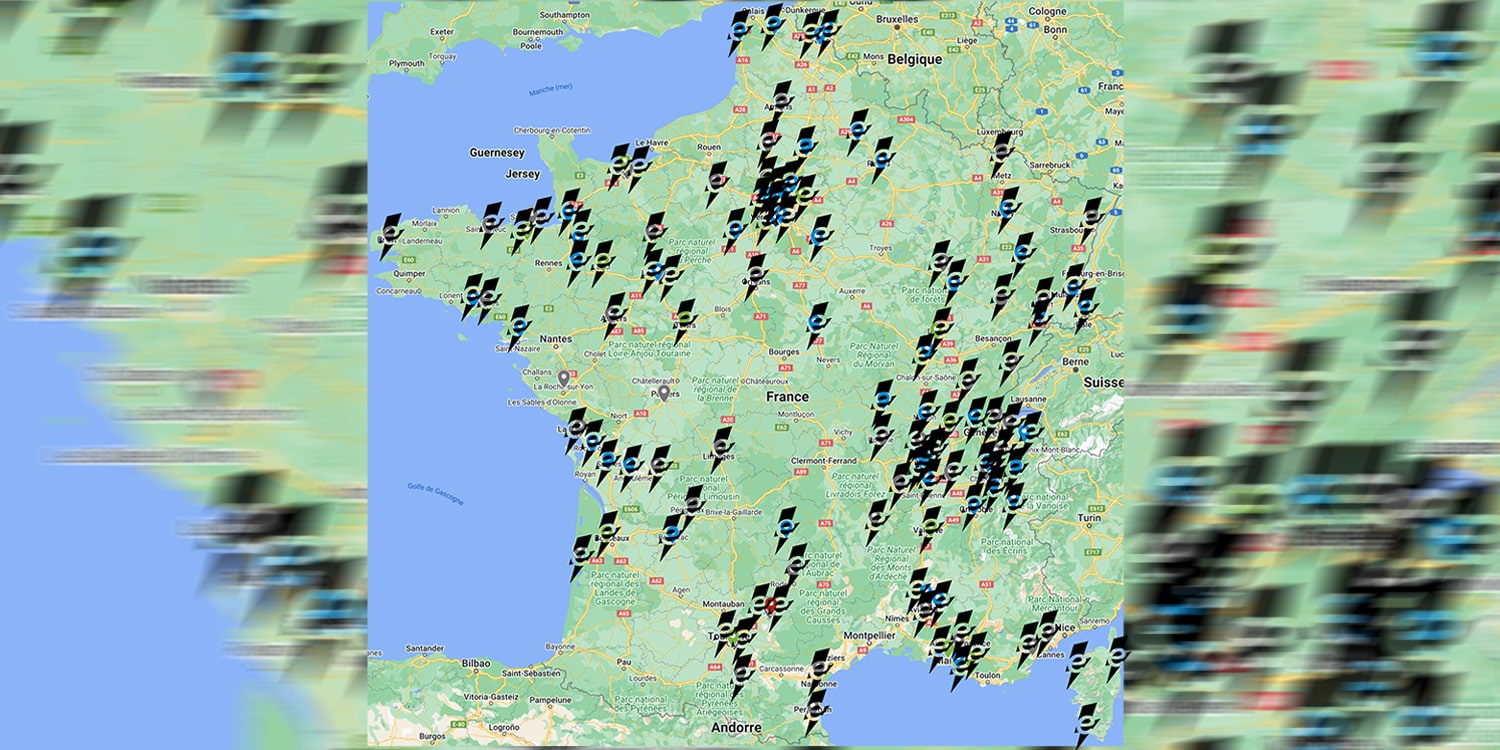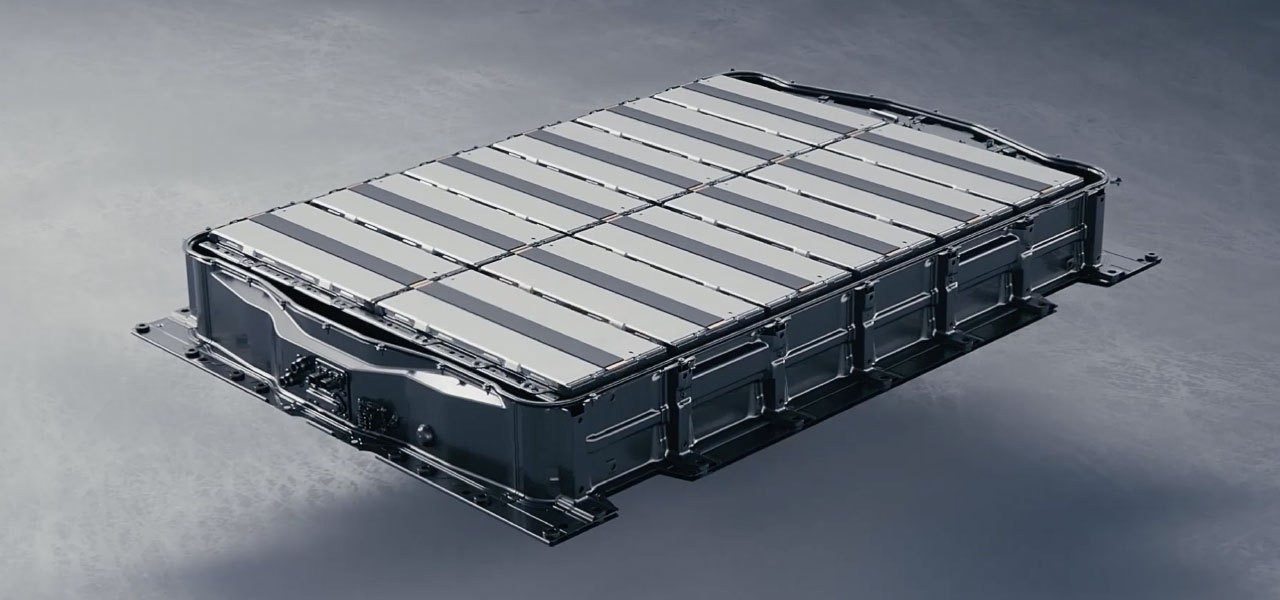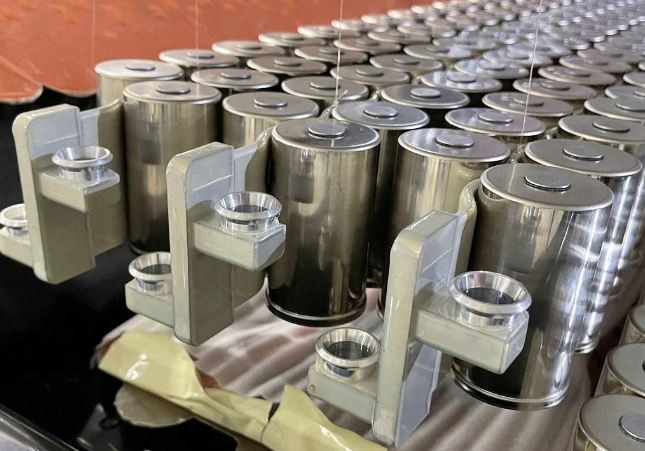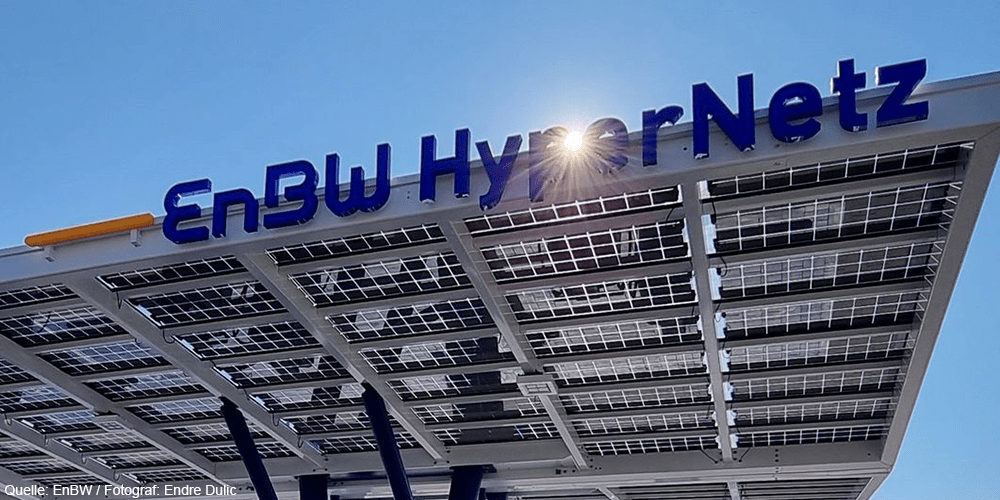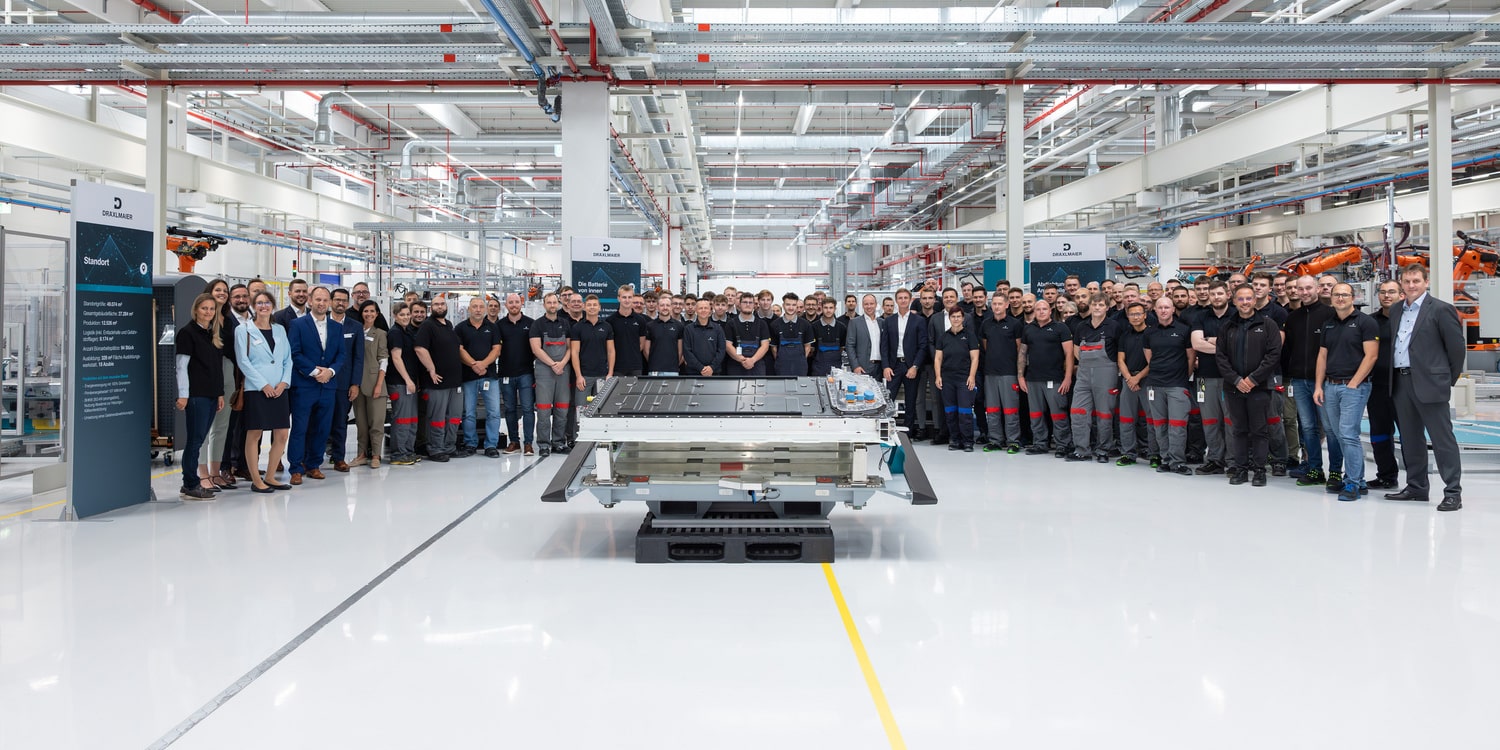German Chancellor Olaf Scholz made significant announcements at Munich’s International Motor Show (IAA), highlighting the country’s commitment to electrifying its automotive industry while addressing protests and competition from China.
Scholz praised the German car industry’s efforts towards electrification during his visit to the IAA car show. He also expressed frustration with ongoing protests, describing them as “irritating.” The Chancellor used this platform to unveil a new law aimed at expanding the number of electric vehicle (EV) charging stations across the nation.
See also: TU Munich’s Student Group Unveils Highly Efficient Muc023 EV for Shell Eco Marathon
Under the new law, Germany is poised to become the first European country to mandate that 80% of all service stations offer fast-charging options with a minimum capacity of 150 kilowatts for electric cars. This ambitious move is expected to alleviate range anxiety for EV drivers in the country, offering them more convenient and accessible charging infrastructure. However, no specific timeframe for the implementation of this initiative was provided.
Germany currently has 90,000 public charging points, falling short of its goal to reach 1 million by 2030. The nation had approximately 1.2 million fully electric vehicles on its roads by April’s end, a far cry from the ambitious target of 15 million by 2030, as reported by the KBA federal motor authority. Factors such as high vehicle prices, limited driving range, and a scarcity of charging stations, especially in rural areas, have been cited as key hindrances to EV adoption.
During his visit to the IAA car show, Chancellor Scholz encountered disruptions as protesters climbed atop cars at the BMW and Mercedes-Benz stands, brandishing signs that read “The party is over” in German and chanting, “The future is being destroyed.” Scholz acknowledged the importance of protests as part of public and democratic discourse but found them somewhat outdated in the context of the automotive industry’s strides towards emissions reduction through new technologies.
Scholz also commented on competition from Chinese electric vehicle manufacturers, emphasizing that competition should serve as motivation rather than a source of concern. He drew parallels with past concerns about Japanese and Korean car manufacturers dominating the market and stressed that the competitiveness of German automakers remains unquestionable.
See also: Berlin Gigafactory targets production of half a million electric vehicles per year
Chinese EV manufacturers, including BYD, Nio, Xpeng, and Leapmotor, are increasingly targeting the European market. In the first seven months of 2023, EV sales in Europe surged by nearly 55%, accounting for about 13% of all car sales.
While Western carmakers face heightened competition from their Chinese counterparts, major German auto suppliers revealed their eagerness to expand existing partnerships in China and supply European-made parts to these emerging manufacturers. This move signifies a desire to collaborate and capitalize on the growing demand for electric vehicles globally.

